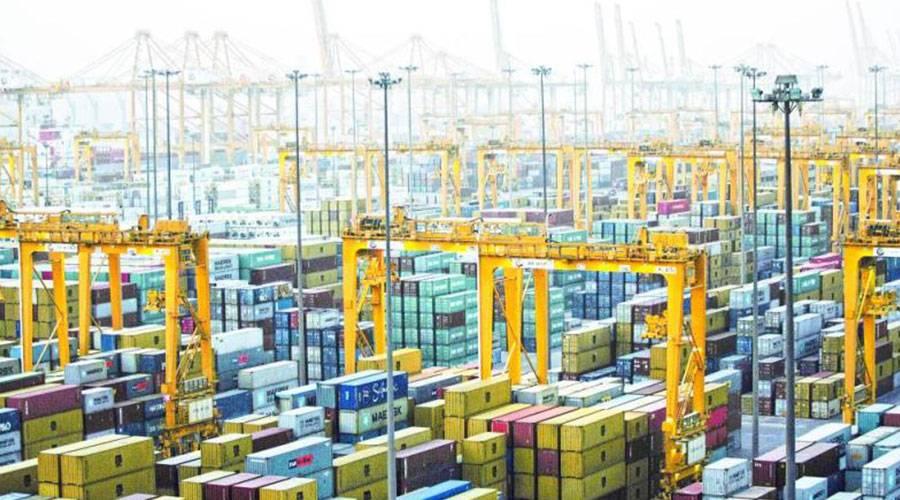Experts in trade and industry have advised UAE manufacturers and exporters on strategies to cope with the impact of new U.S. tariffs. They emphasize the importance of swiftly adapting to the changing American trade environment to minimize the adverse effects on exports.

To address these challenges, manufacturers and exporters are encouraged to study market dynamics in the United States and explore new solutions. Among the recommended strategies are:
1. Seeking alternative markets.
2. Improving production efficiency and supply chains.
3. Developing high-quality products.
4. Establishing trade agreements.
5. Moving part of the production to the United States.
6. Investing in technology to enhance operations, reduce costs, and boost competitiveness.
7. Enhancing marketing campaigns to showcase product quality.
8. Collaborating with the government to secure support or incentives in response to tariff impacts.
9. Identifying alternative suppliers or strengthening relationships with current suppliers.
10. Continuously monitoring U.S. and global customs and trade developments.
11. Renegotiating with suppliers for lower-cost production inputs.
12. Adjusting pricing strategies. 13. Taking advantage of U.S. free trade zones.
14. Leveraging trade agreements.
15. Partnering with local distributors and firms in the U.S. and selling through American e-commerce platforms.
16. Utilizing the UAE’s position as a re-export hub.
These strategies are essential for sustaining UAE exports in the face of evolving tariffs and trade policies.

Leave a Reply